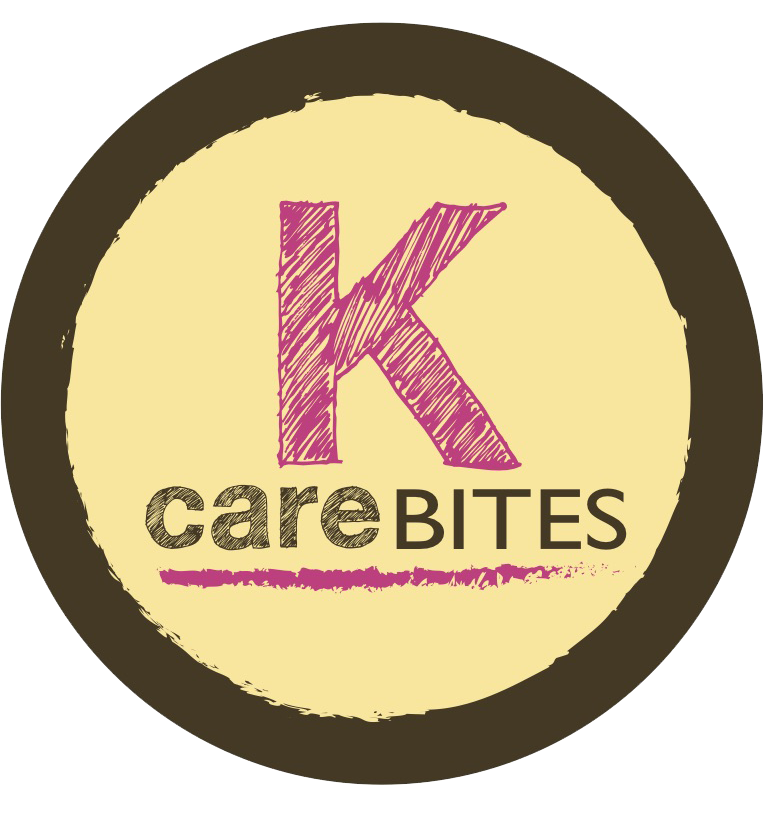Sugar Is Not So Sweet For Health
- Posted on: Sep 24 2018

Natural sugars occur in foods such as fruit, milk, yogurt and grains. Other sugars which are added to foods, drinks and condiments while processing or in preparation are called added sugars. Sugar in food labels goes by many names, including corn syrup, molasses, honey, high-fructose corn syrup, malt sugar as well as ingredients ending with the letters “ose” such as dextrose and fructose.
Increased sugar in your diet can contribute to weight gain and serious health problems such as heart disease, diabetes, high blood pressure, high cholesterol and inflammation. Therefore it is important to reduce the sugar in your diet. The American Heart Association (AHA) recommends limiting added sugars to no more than 100 calories a day (6 teaspoons) for most women and no more than 150 calories a day (9 teaspoons) for most men. To achieve this goal, the AHA suggests a 2 step approach: Find it and Replace it. Here are some valuable tips:
- Eat fruit for dessert on most days and a traditional dessert on special occasions only.
- Reduce the amount of sugar in coffee or tea. Try omitting sugar in all cups except one so you know that it is a special treat for you. Over time you will find this cup too sweet and may want to omit sugar in all cups you drink.
- Enhance the flavor of foods with spices such as cinnamon, cardamom and ginger.
- For a quick dessert fix, try a spoonful of a healthy nut butter.
- For beverages, drink sparkling water, unsweetened iced tea, and unsweetened lemonade.
If you eat too much sugar and are obese or have uncontrolled diabetes, you may consider switching to an artificial sweetener which may potentially be less harmful. However, while artificial sweeteners are considered generally safe, there have been some conflicting studies and therefore they may only be used as a means to transition to a reduced sugar diet.
Posted in: Uncategorized


